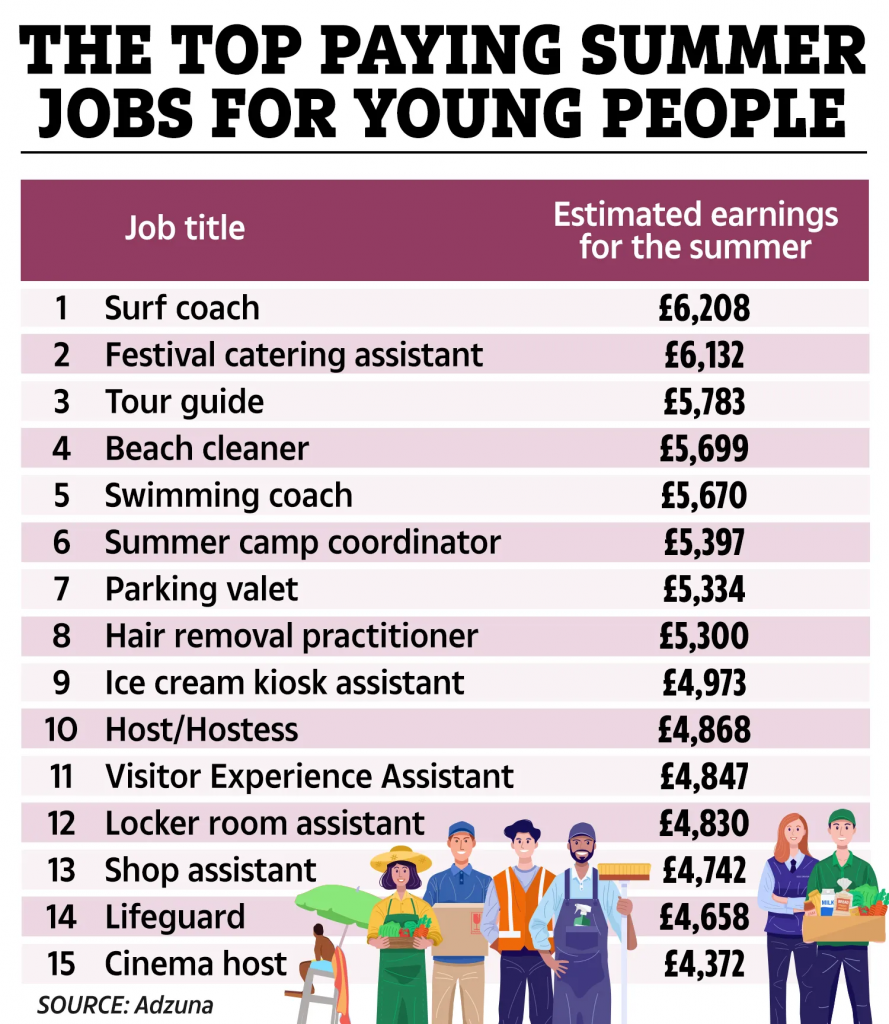- Contact us:
- 03300 535 600
- [email protected]

Blue Monday Blues? Hold the Hype, Embrace the Hope!
January 15, 2024
Wages: Raising the Minimum
March 20, 2024The UK’s vibrant seasonal workforce, estimated at over 1 million strong, keeps sectors like agriculture, tourism, and hospitality buzzing. From picking juicy strawberries to welcoming tourists with sunny smiles, these roles contribute significantly to the economy. But behind the sun-kissed facade lies a complex reality where rights and protections can be as fleeting as the seasons.
Safeguarding Dignity in a Transient World:
While legislation like the National Minimum Wage and Working Time Regulations offer a baseline, several concerns linger:
- Precarious contracts: Short-term, zero-hour agreements leave workers vulnerable, often excluding them from benefits like sick leave.
- Substandard housing: Overcrowded, unsanitary living conditions can compromise health and wellbeing.
- Limited union access: Transient nature of the work makes collective bargaining challenging, hindering their voice.
Numbers Tell a Story:
- A 2021 report found 75% of seasonal workers felt they had faced unfair treatment, with pay and contracts being the biggest concerns.
- Research by the TUC revealed 60% of seasonal workers had no written contract, increasing vulnerability to exploitation.
- A 2022 study highlighted that 42% of seasonal workers struggled to afford basic necessities due to low wages and irregular work patterns.

Building a Brighter Future:
Protecting seasonal worker rights requires a collaborative effort:
- Stronger enforcement: Robust inspections and penalties for non-compliance can deter exploitative practices.
- Standardized contracts: Clear contracts outlining terms, pay, and accommodation offer security and transparency.
- Improved union access: Facilitating unionization empowers workers and gives them a collective voice.
- Sector-specific regulations: Tailored solutions for each sector (e.g., agriculture, hospitality) can address unique challenges.
- Raising awareness: Educating workers, employers, and recruitment agencies about rights and responsibilities is crucial.
Beyond just legal frameworks, fostering a culture of respect and dignity is essential. We must ensure seasonal workers, who contribute immensely to our economy, are treated fairly and have access to decent living and working conditions.
What can you do?
- Share this article and raise awareness.
- Support organizations advocating for seasonal worker rights.
- Encourage responsible practices in businesses you interact with.
Remember, even small actions can contribute to a fairer and more dignified future for seasonal workers in the UK.
This blog post provides a starting point. You can further enrich it by:
- Highlighting specific initiatives or success stories in protecting seasonal worker rights.
- Including quotes from workers, experts, or advocacy groups.
- Providing information on how individuals can report potential exploitation or seek support.
By making this issue relatable and actionable, you can create a powerful voice for ensuring fair treatment and dignity for all seasonal workers in the UK.




